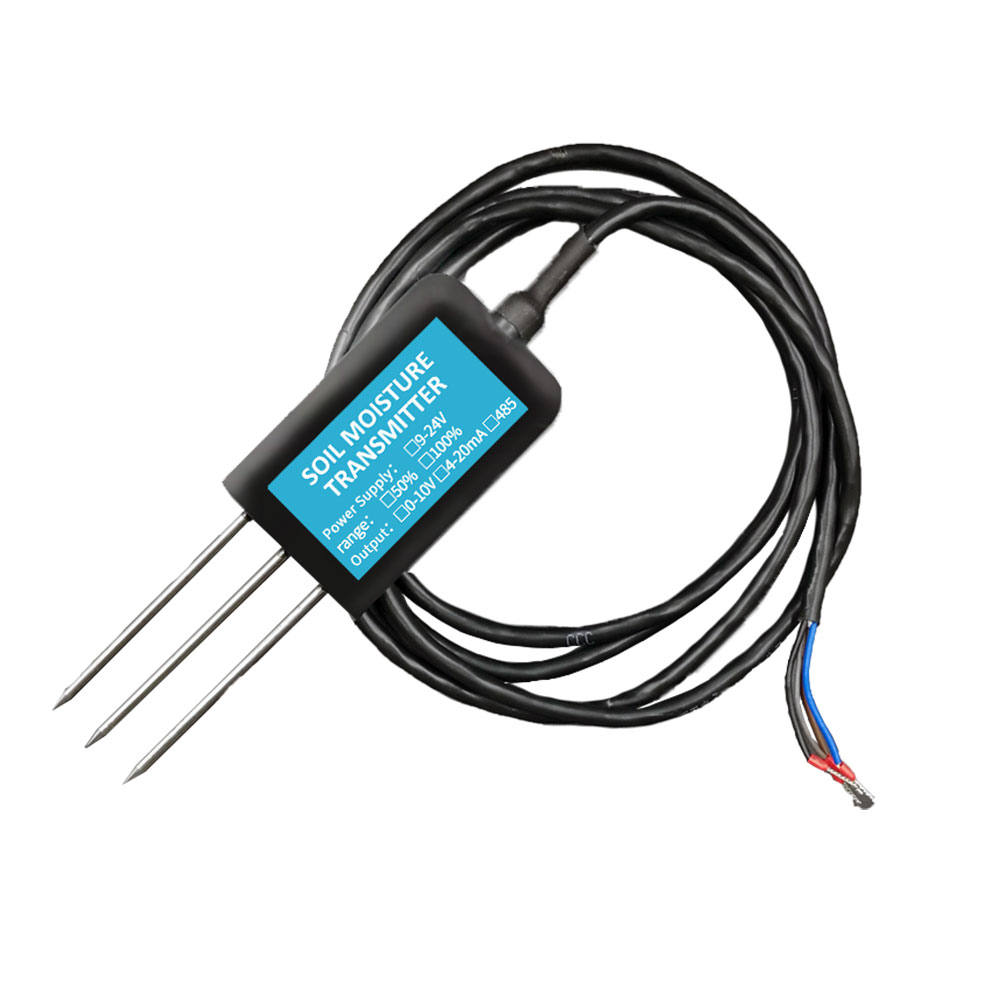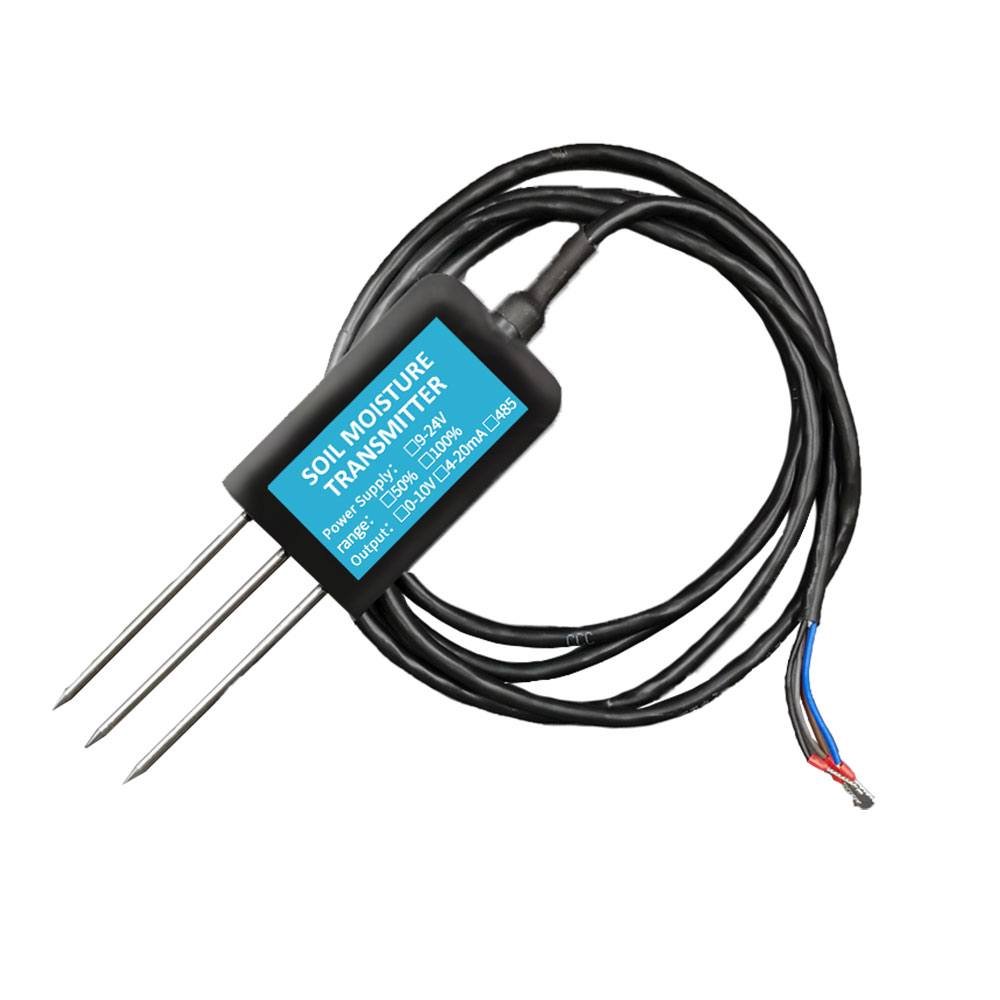Precision agriculture has revolutionized the way we approach farming, allowing farmers to make data-driven decisions to optimize crop health and yield. One crucial component of precision agriculture is soil sensors, which play a vital role in providing real-time data on soil conditions. In this article, we will explore the significant role of soil sensors in precision agriculture and how they enhance crop health and yield.

Understanding Soil Sensors:
Soil sensors are advanced technological devices designed to measure various soil parameters such as moisture content, temperature, electrical conductivity, and nutrient levels. They are typically placed at different depths within the soil profile and provide continuous data on the soil conditions. This real-time information helps farmers make informed decisions about irrigation, fertilization, and overall crop management.
Optimizing Irrigation Practices:
Water management is critical in agriculture, and soil sensors contribute significantly to optimizing irrigation practices. By providing accurate and timely information on soil moisture levels, sensors enable farmers to determine precisely when and how much water to apply to the crops. This prevents over-irrigation or under-irrigation, which can negatively impact plant health and yield. With soil sensors, farmers can ensure that their crops receive the optimal amount of water, leading to improved water use efficiency and crop productivity.
Efficient Nutrient Management:
In addition to monitoring soil moisture, soil sensors also provide valuable insights into nutrient levels. Different crops have specific nutrient requirements, and maintaining optimal nutrient levels is essential for maximizing yield. Soil sensors can measure the concentration of key nutrients such as nitrogen, phosphorus, and potassium in the soil. This data helps farmers tailor their fertilization practices, ensuring that the crops receive the right amount of nutrients at the right time. By optimizing nutrient management, farmers can promote healthy crop growth, reduce nutrient wastage, and enhance overall yield.
Early Detection of Soil Issues:
Soil sensors play a crucial role in early detection and prevention of soil-related issues that can impact crop health. For example, they can detect soil compaction, which occurs when the soil becomes too dense and restricts root growth. By identifying areas of compacted soil, farmers can take proactive measures such as soil aeration or tillage to alleviate the issue before it affects crop growth. Additionally, soil sensors can provide insights into soil salinity or acidity, allowing farmers to implement corrective measures to create an optimal soil environment for their crops.
Precision Crop Management:
The data obtained from soil sensors contributes to precision crop management, where farmers can tailor their practices to specific areas within their fields. Soil conditions can vary significantly within a field, and soil sensors help identify these variations. By mapping the soil data, farmers can create prescription maps that guide them in adjusting irrigation, fertilization, and other management practices according to the specific needs of different areas. This precision approach ensures that resources are utilized efficiently, reducing waste and improving overall crop performance.
Integration with Farm Management Systems:
To fully maximize the benefits of soil sensors, integration with farm management systems is crucial. These systems collect and analyze data from multiple sources, including soil sensors, weather stations, and satellite imagery. By integrating soil sensor data with other relevant information, farmers gain a comprehensive view of their fields and can make more informed decisions. Farm management systems can also provide alerts or recommendations based on the data collected, further enhancing the crop health and yield optimization process.
Future Potential and Challenges:
While soil sensors have already proven their value in precision agriculture, there is still potential for further advancements. Continued research and development can lead to improved sensor accuracy, increased durability, and enhanced connectivity with farm management systems. However, challenges such as sensor cost and scalability need to be addressed to ensure wider adoption among farmers globally. Government support and collaboration between technology providers and agricultural stakeholders can play a vital role in overcoming these challenges.
Conclusion:
Soil sensors have revolutionized the way farmers approach crop management by providing real-time, accurate data on soil conditions. By optimizing irrigation practices, efficient nutrient management, and early detection of soil issues, these sensors contribute to enhanced crop health and yield. When integrated with farm management systems, soil sensors enable precision agriculture, where farmers can tailor their practices to specific areas within their fie






